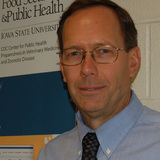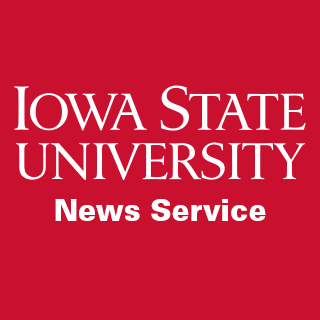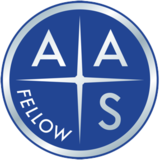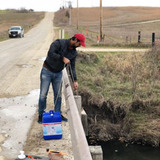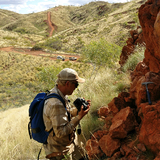News Archive
Saturday, March 21 2020
-
Some good news: Livestock and poultry appear to be safe from COVID-19
An Iowa State University veterinarian is reaffirming that there’s no evidence the virus that causes COVID-19 in humans can sicken livestock and poultry. Meat, milk and eggs remain safe to eat, offering consumers some stability even as the outbreak brings many everyday activities to a halt.
-
Iowa State to keep classes online for remainder of semester
Iowa State University will continue with virtual instruction for the remainder of the spring semester to protect the health and safety of students, faculty and staff. The university remains open, but there are changes in the delivery and availability of campus services and programs.
-
Maintaining mental health and well-being while social distancing or self-isolating
Following recommendations for social distancing or self-isolating is necessary to limit the spread of infection from COVID-19, and that means an adjustment to our daily routines and lifestyles. Student Wellness health promotion coordinator Carrie Giese says it is possible and important to stay connected and active during this time, but it requires a different mindset. That means shifting our thinking from “me” to “we” to protect the health of our community.
-
Agricultural and biosystems engineering graduate program takes top ranking
U.S. News and World Report magazine is out with its latest rankings of graduate programs and Iowa State's department of agricultural and biosystems engineering is No. 1. The College of Engineering is also ranked 24th among public universities and the Ivy College of Business's full-time MBA program is tied for 28th among publics.
-
American Astronomical Society names two Iowa Staters to its first class of fellows
Iowa State University's Steve Kawaler and Lee Anne Willson are part of the first class of fellows of the American Astronomical Society. The new honor recognizes original research, innovative contributions, significant outreach or noteworthy service to the society and to astronomy.
-
Ongoing campus preparations for COVID-19
As the number of COVID-19 cases in Iowa grows, Iowa State University is actively working to minimize the risk of infection and mitigate the impact on the university community and local health care system. The decisions to move to online instruction, cancel events and restrict travel are driven by guidance from the Centers for Disease Control and Prevention and the Iowa Department of Public Health.
-
Iowa State moving classes online for two weeks following spring break
Iowa State University will move all classes online Monday, March 23, through April 3, 2020, in response to COVID-19 concerns. The university will remain open during this time, but students are strongly encouraged to stay home for the two-week period. Students will receive information from instructors with details about class content and assignments.
-
New test measures corn nitrogen needs with greater accuracy
A recently published study analyzed a combination of soil tests to gauge corn nitrogen needs more accurately than the standard chemical tests that have been in use for roughly 50 years. The research could result in economic benefits to farmers and improved environmental quality.
-
Simon Estes Music Hall honors career, gives inspiration to students
Generations of future Iowa State University students will learn from Simon Estes without ever stepping foot in his classroom. The lessons will not come from a textbook or sheet of music, but in the example Estes has set as an internationally acclaimed opera singer and through his philanthropic work around the world. For all the accomplishments and accolades he’s earned, Estes has given even more, and his contributions will be permanently recognized on campus in the new name of Music Hall.
-
Earth may have been a 'water world' 3 billion years ago, scientists find
Scientists -- including Iowa State's Benjamin Johnson -- have found evidence that Earth was covered by a global ocean that turned the planet into a “water world” more than 3 billion years ago. Telltale chemical signatures were spotted in an ancient chunk of ocean crust which point to a planet once devoid of continents, the largest landmasses on Earth.
-
Geologists determine early Earth was a ‘water world’ by studying exposed ocean crust
Geologists -- including Iowa State's Benjamin Johnson -- studied exposed, 3.2-billion-year-old ocean crust in Australia and used that rock data to build a quantitative, inverse model of ancient seawater. The model indicates the early Earth could have been a "water world" with submerged continents. The findings have just been published online by the journal Nature Geoscience.
-
Book tackles questions parents have about media violence
Making sense of all the research and debate over media’s risks and benefits can be time-consuming and overwhelming for many parents trying to decide what’s best for their child. That’s why a team of Iowa State University researchers decided to write a book to present the research in a way that helps parents make informed decisions.
